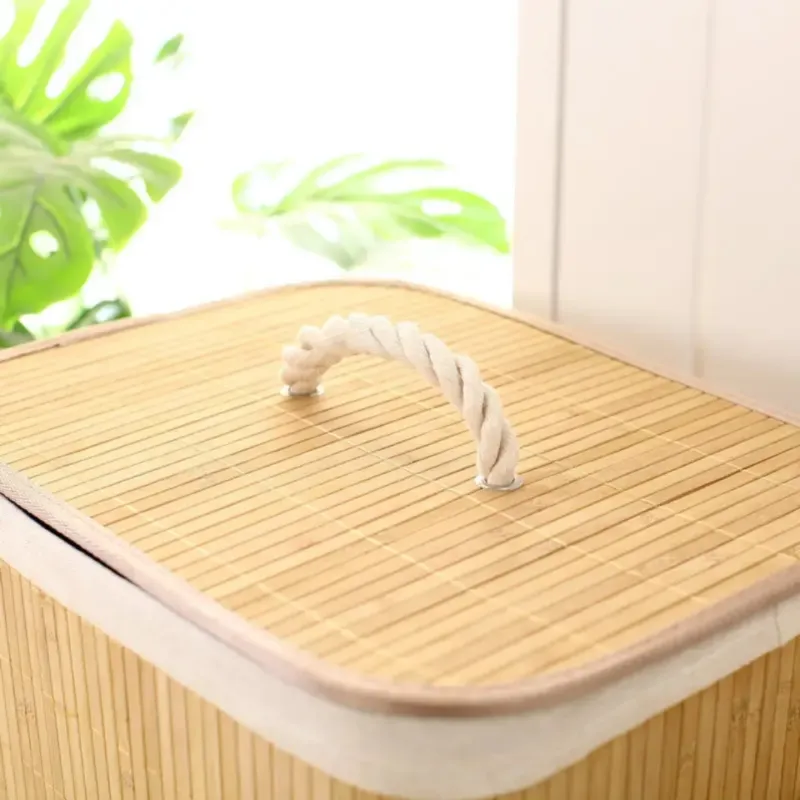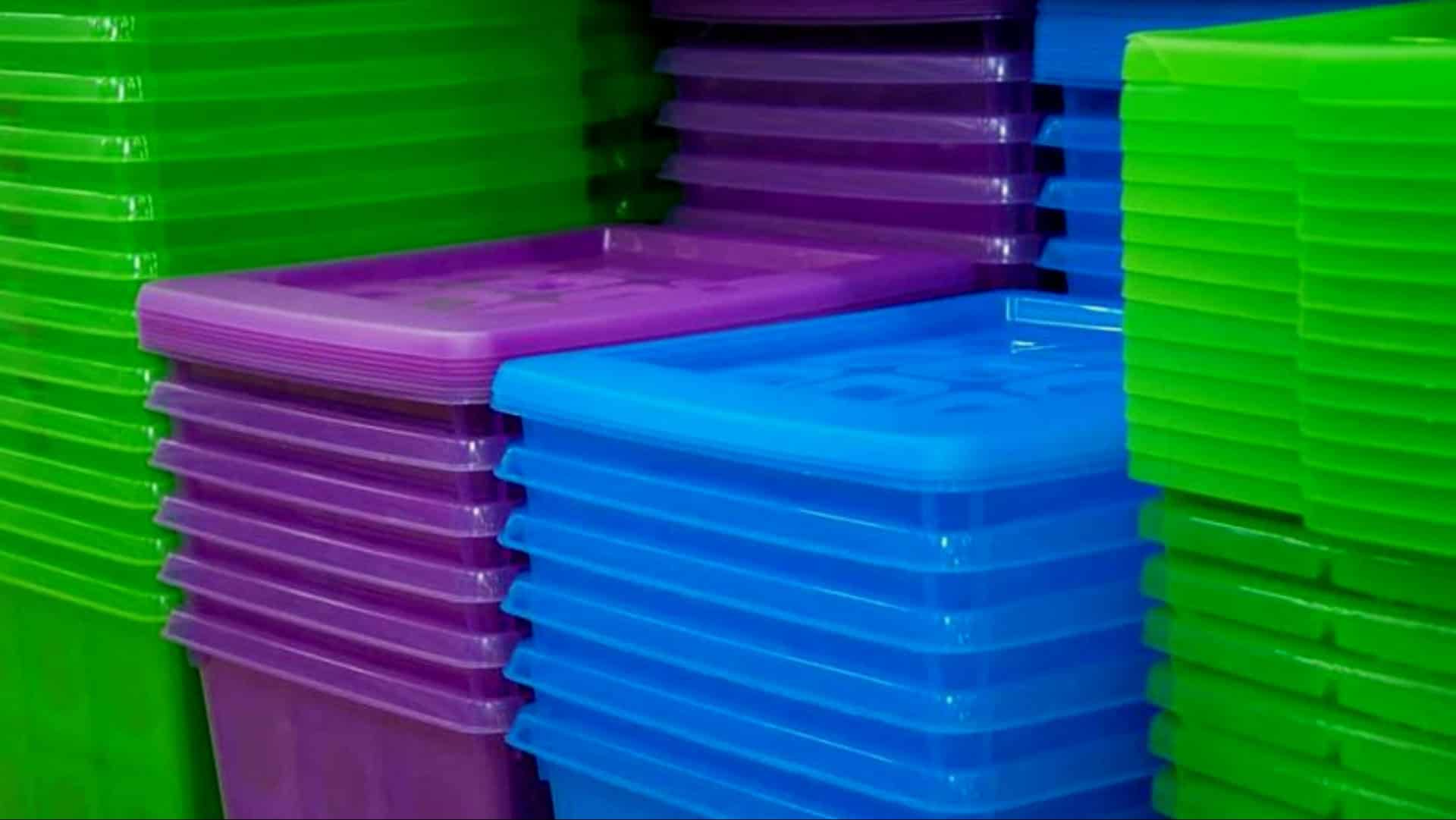Explore the compelling reasons to transition away from plastic bins and the innovative alternatives available.
Delve into the environmental, health, and practical motivations driving this change, and discover options that offer sustainability without compromising functionality.
1. Environmental Pollution

Plastic bins often end up in waterways, contributing significantly to environmental contamination.
These pollutants harm aquatic life, creating hazardous conditions for fish and other organisms.
On land, they clutter landscapes, affecting ecosystems and leading to biodiversity loss.
The persistent nature of plastic means these issues remain long after the bins are discarded.
2. Non-Biodegradable Nature

Plastic’s resistance to decomposition means it lingers in the environment, unchanged, for hundreds of years.
This durability, while practical, results in significant ecological damage over time.
As these materials accumulate, they occupy valuable space, creating long-term waste management challenges that continue to affect future generations.
3. Harm to Wildlife

Wildlife faces numerous threats from plastic bins, including ingestion and entanglement. Animals often mistake plastic for food, leading to internal injuries or starvation.
Additionally, entanglement can cause physical harm or restrict movement, severely impacting their ability to survive.
These incidents are increasingly common, highlighting the urgent need for change.
4. Microplastics Issue

As plastic breaks down, it forms microplastics that infiltrate water sources.
These tiny particles become nearly impossible to remove and eventually enter the food chain, posing potential health risks to both animals and humans.
The pervasive nature of microplastics underscores the widespread impact of plastic pollution, demanding urgent attention and action.
5. Chemical Leaching

Certain plastics release harmful chemicals over time, contaminating the surrounding environment.
These chemicals can leach into the soil, affecting plant growth, or seep into water supplies, posing health risks to humans and wildlife.
The potential dangers associated with chemical leaching highlight the importance of seeking safer storage alternatives.
6. Resource Intensive Production

The production process for plastic bins is heavily reliant on fossil fuels, contributing to carbon emissions and climate change.
This resource-intensive method not only consumes significant energy but also generates pollution, amplifying environmental concerns.
The industry’s impact on natural resources is a compelling reason to consider more sustainable options.
7. Recycling Challenges

Many plastic bins are either non-recyclable or difficult to recycle, complicating waste management efforts.
This challenge results in increased landfill usage and environmental degradation.
The complexity of recycling plastics further emphasizes the need for materials that offer easier and more effective recycling processes, reducing the overall ecological footprint.
8. Single-Use Culture

The convenience of plastic bins has fostered a culture of disposability, encouraging habits that lead to increased waste and resource depletion.
This single-use mentality contributes to environmental strain, as more products are discarded rather than reused or recycled.
Shifting away from this mindset is crucial for sustainable living and environmental preservation.
9. Health Risks

Exposure to chemicals from degrading plastics can pose significant health risks over time.
These substances may disrupt hormones, leading to long-term health consequences.
Concerns over such exposures underscore the importance of opting for materials that do not leach harmful chemicals, ensuring safer environments for both humans and wildlife.
10. Sustainable Alternatives

A variety of eco-friendly alternatives to plastic bins exist, each offering unique benefits.
Metal, wood, bamboo, and recycled plastics provide durable, sustainable solutions that minimize environmental impact.
These materials not only offer practicality but also enhance aesthetic appeal, advancing the move towards more responsible consumption and waste management.

